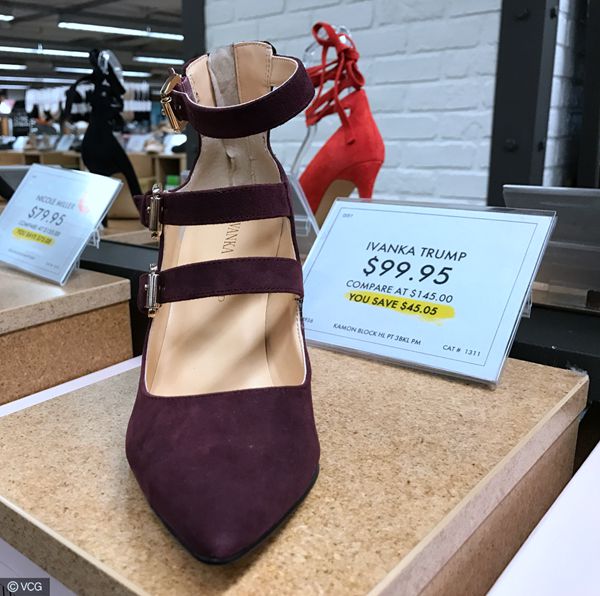“I’d
like to begin by saying thank you to the returning officer and their staff for
all their work in making sure this election runs smoothly.
“I
also must thank my wife, Sophia, and our beautiful daughter, Hannah. Both are a
constant source of strength, love and inspiration to me. Without their support,
this campaign would not have been possible.
“Can
I also thank the police for all that they have done today and throughout the
campaign.
“For
democracy to work it needs the support of dedicated public servants and here in
Stoke-on-Trent we can be proud to have some of the most dedicated in the
country.
“I’d also like to thank my agent George Sinnott, and the
incredible team of Labour Party workers and volunteers who have sustained this
campaign throughout. To see the energy and commitment that all of you have
shown these last few weeks is a reminder of the incredible strength and passion
of our movement.
“I feel profoundly humble to have been chosen by
the people of Stoke-on-Trent Central to represent them in Parliament.
“My wife Sophia and I chose to make our life here and it was the
best decision we ever made. I’m proud to call the Potteries my home, and I’m
prouder still to have been given the opportunity to represent our city as your
next MP.
“In recent weeks Stoke-on-Trent has found itself in the national
spotlight. Our city has been the focus of a media which all too often
prefers to dwell on our problems instead of highlighting our achievements.
“But over these last few weeks a city lazily dubbed by some as the
capital of Brexit has once again proven to the world that we are so
much more than that.
“We are a city of innovators and educators, artists and
entrepreneurs. We pioneered the first industrial revolution and I believe that
we have the potential to lead the next one.
“This city will not allow ourselves to be defined by last year’s
referendum. And we will not allow ourselves to be divided by the result.
“Nor will we be divided by race, or faith, or creed. We will move
forward together to tackle the problems that we face and secure a brighter,
more prosperous future for one another.
“So for those who have come to Stoke-on-Trent to sow hatred and
division, and to try to turn us away from our friends and neighbours, I have
one message – you have failed.
“Tonight the people of Stoke-on-Trent have chosen the politics of
hope over the politics of fear. We have said with one voice that hatred and
bigotry are not welcome here. This is a proud city and we stand together.
“This election is a victory for British values of tolerance and
respect. But it is also a victory for the proud Labour values that are the
hallmark of our city and its people.
“It is a message that the people of Stoke-on-Trent won’t just sit
back while this Tory government cuts our National Health Service to the bone
and puts the future of our public services at risk.
“It is a warning that we will not stand idly by while politicians
in Westminster pour ever-money into London and the South East while the rest of
the country is simply left to fend for itself.
“And it is a demand that the contribution our people have made to
this country is respected and rewarded with the support and investment we
deserve.
“Politics
can be passionate – and there have been moments in this campaign that have
polarised people.
“My
job – and it is the job of all of us here – will be to put this campaign behind
us – and work together.
“For those who voted for me in this election, thank you very much.
But for those who did not, or who did not vote at all, I want you to know that
I will be your representative as well.
“I will work every day to repay the trust that the people of
Stoke-on-Trent have placed in me.
“I will be a strong, local voice that our city needs and I
will always put the people of Stoke-on-Trent first. I have a plan for the
Potteries, and that plan begins today.”

